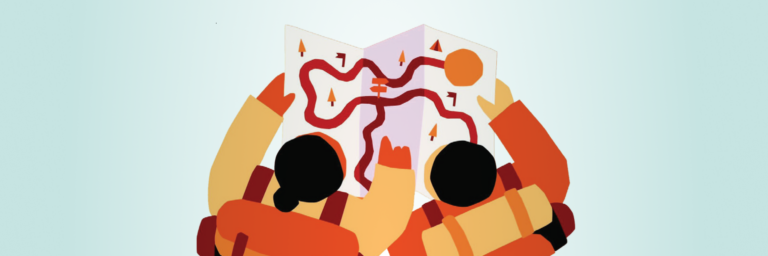



It is exciting to see the advances in science, and the diversity in innovation coming from pharmaceutical companies to address these health challenges

New research published today by EFPIA provides in-depth analysis of the economic footprint
We represent innovative pharmaceutical industry in Slovenia and work as a non-governmental, non-profit, non-political and independent economic interest group. We connect 22 pharmaceutical companies which share a common goal: #WeWontRest in developing innovative medicines which hold the key to managing diseases and to improving the lives of patients.
